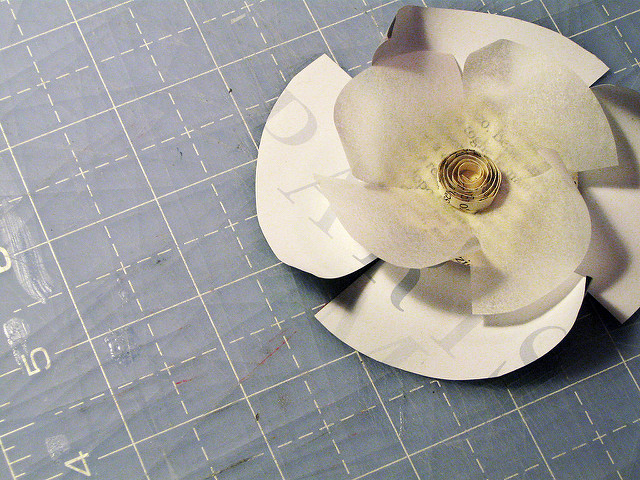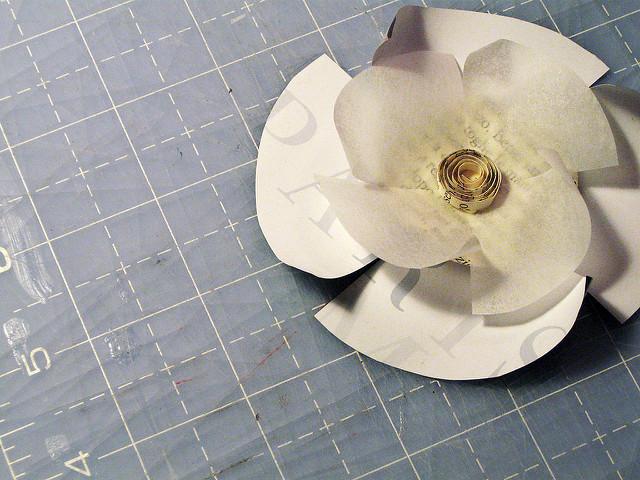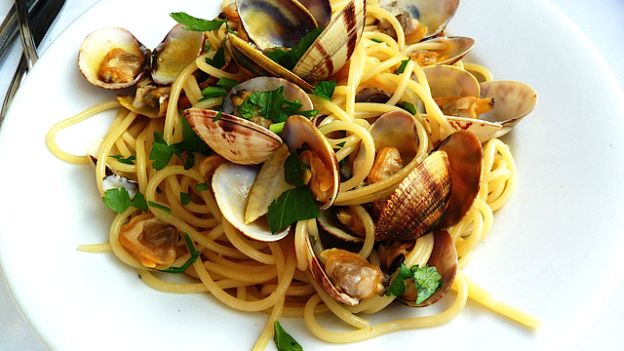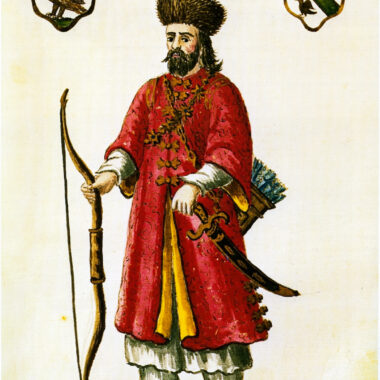Italians like to play with words and there are plenty of examples out there to show us so. Italian Proverbs, sayings, still pepper conversations and are used quite profusely by older and younger generations alike. You’ll recognize some of them, as they are common in English, too. Others, you may find a bit more original.
Let’s take a look at a few of the most famous!

- Donne e motori Gioie e dolori. Women and cars, joy and pain.
- A caval donato non si guarda in bocca. Don’t look a gift horse in the mouth.
- A chi dai il dito si prende anche il braccio. Give them an inch and they’ll take a mile. (Literally, if you give them a finger, they will take an arm).
- A ciascuno il suo. To each his own.
- A confessore, medico e avvocato non tener il ver celato. Never lie to a priest, a doctor or a lawyer.
- A mali estremi, estremi rimedi. Desperate times call for desperate measures. (Literally, to extreme evils, extreme measures).
- Al nemico che fugge, ponti d’oro. To the fleeing enemy, (give) golden bridges.
- A ogni uccello il suo nido è bello. There is no place like home. (Literally, to every bird, its own nest is beautiful).
- A tutto c’è rimedio, fuorchè alla morte. Everything has a cure, except death.
- Acqua cheta rovina i ponti. Still water runs deep.
- Acqua passata non macina più. That’s water under the bridge, (Literally, gone water no longer roils).
- Aiutati che Dio t’aiuta. God helps those who help themselves. (Literally, help yourself and god will help you).
- Al bisogno si conosce l’amico. A friend in need is a friend indeed. (Literally, when in need, you’ll recognize a real friend).
- Ambasciator non porta pena. Don’t shoot the messenger. (Literally, the ambassador does not carry the blame).
- Avere le mani in pasta. To have a finger in the pie. (Literally, to have your hands in the dough).
- Bacco, tabacco e Venere riducono l’uomo in cenere. Wine, tobacco and women are a man’s downfall.
- Batti il ferro quando è caldo. Strike the iron while is hot.
- Belle parole non pascono i gatti. Fine words don’t feed the cats.
- Botte buona fa buon vino. A good barrel makes good wine.
- Cambiano i suonatori ma la musica è sempre quella. The melody has changed, but the song remains the same. (Literally, the musicians change, but the music remains the same).
- Cane che abbaia non morde. Barking dogs seldom bite. (Literally, a barking dog does not bite).
- Casa senza fimmina ‘mpuvirisci. (Sicilian proverb). A house without a woman is a poor house!
- Casa mia casa mia per piccina che tu sia tu mi sembri una badia. My house, my house! As small as you may be, to me you are a palace!
- Chi ben comincia è a metà dell’opera. A good start is half the battle. (Literally, he who starts well is half way done).
- Chi cerca trova. Seek and you shall find.
- Chi di spada ferisce di spada perisce. He, who lives by the sword, dies by the sword.
- Chi dorme non piglia pesci. The early bird catches the worm. (Literally, he who sleeps, does not catch fish).
- Chi fa da sè, fa per tre. Do it yourself if you want it done right. (Literally, he who does it by himself, does the work of three).
- Chi la fa l’ aspetti. What goes around, comes around. (Literally he, who does it, gets it).
- Chi ha fretta vada piano. Make haste slowly. (Literally, those in a hurry, should go slow).
- Chi ha moglie, ha doglie. A wife means troubles.
- Chi non fa, non falla. He, who does nothing, does not fail.
- Chi non ha moglie non ha padrone. No wife, no master.
- Chi non risica, non rosica. Nothing ventured nothing gained. (Literally, He, who does not risk, does not gain).
- Chi pecora si fa, il lupo se la mangia. Act like a sheep and the wolf will eat you. (Literally, those who act like a sheep will be eaten by the wolf).
- Chi più sa, meno crede. The more you know, the less you believe.
- Chi sa fa e chi non sa insegna. If you know it, you do it; if you don’t, you teach it.
- Chi tace acconsente. Silence gives consent.
- Chi tardi arriva male alloggia. The early bird catches the worm, (Literally, arriving late means getting poor lodgings, but the sense of the proverb is the same as that of “chi dorme non piglia pesci”).
- Chi trova un amico trova un tesoro. A friend is a treasure.
- Chi va piano va sano e va lontano. Slow and steady wins the race. (Literally, he, who goes slowly, goes safely and goes far).
- Chi vince ha sempre ragione. Might makes right. (Literally, he who wins is always right).
Read our other two articles with Italian Proverbs and Italian sayings: Italian Proverbs II, Italian proverbs III.
Edited by Francesca Bezzone



































Who is the narrator !? Love him
Yes Barbara, it’s correct!
Years ago I was given a plaque from my Mother-n-Law. It reads ‘a casa mia faccio il comodo mio’ – she told me it more or less said – This is my house and I will do in it what I wish – Is that correct?